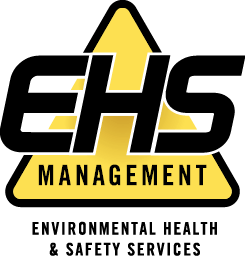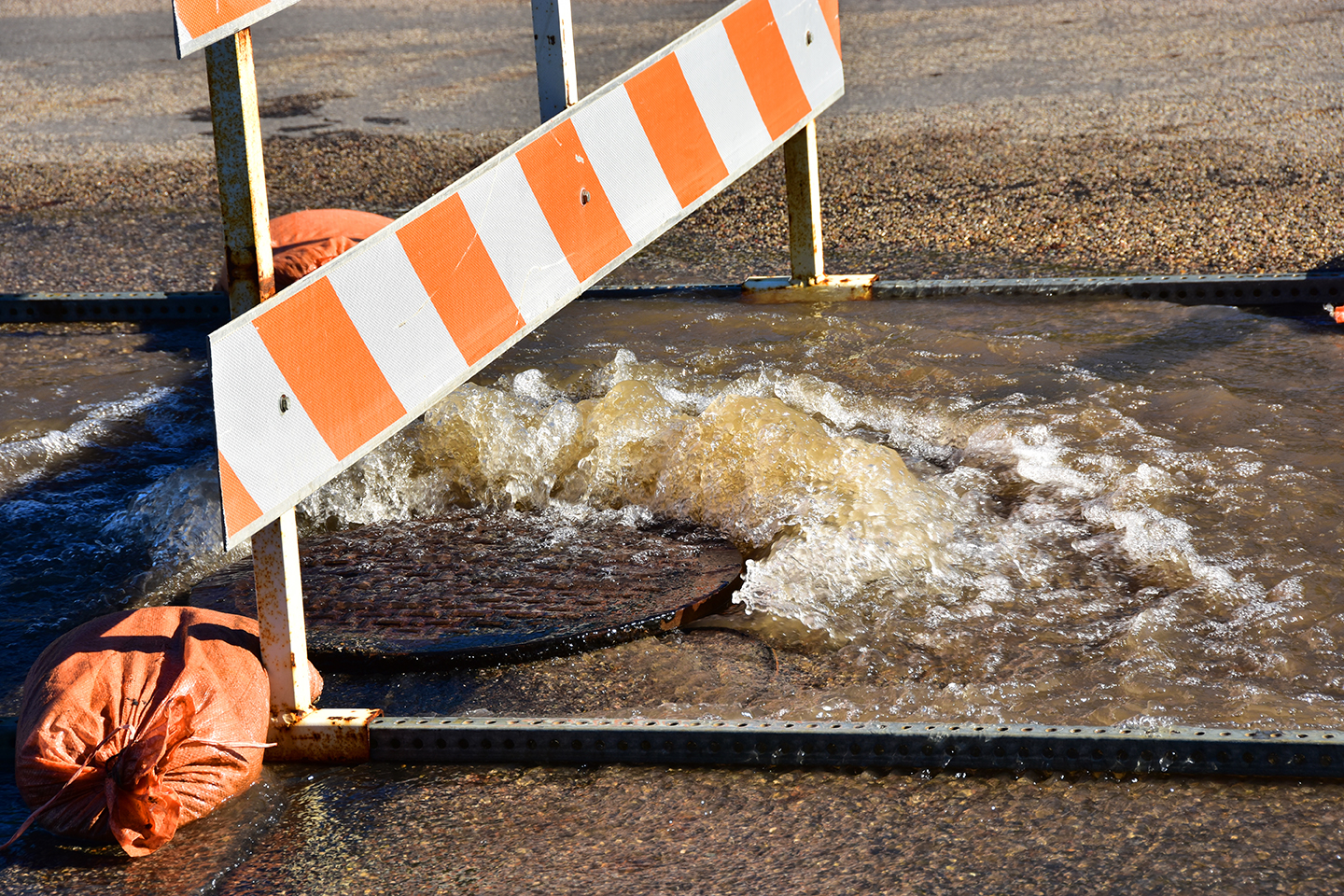Stormwater runoff is the result of rain or snowmelt flowing over any exposed surface, such as equipment, roofs, roads, and pastures. This overflow can pick up debris such as: chemicals, fertilizers, fecal bacteria, pollutants, and other hazardous materials. To prevent contaminated stormwater from flowing directly into nearby bodies of water, a Stormwater Pollution Prevention Plan (SWPPP) is required. Pollution spread by contaminated stormwater is a real problem and EHS Management is skilled in training your organization in best SWPPP practices.
The development of a proper SWPPP is a basic requirement of keeping industrial facilities in proper compliance. There are several types of activities at industrial facilities that have the potential to be major sources of pollutants in stormwater. These activities include loading and unloading operations, outdoor storage, outdoor process activities, dust or particulate generating processes, illicit connections and non-stormwater discharges, and waste management. If your facility is subject to such a requirement, failing to develop a
SWPPP can result in enforcement action against your facility by the EPA or State. We recommend a combination of preventive and active treatment control measures to minimize the offsite discharge of pollutants in stormwater runoff.
EHS will help you develop a SWPPP that identifies the industrial activities conducted at your site, including any structural control practices, which will prevent pollutants from making their way into stormwater runoff. Our dedicated team will provide best management practices to prevent or reduce the discharge of pollutants in stormwater and ultimately reduce project time, costs, and labor.
If you are uncertain as to the SWPPP status of your company, contact us for a complimentary consultation.

